"It's not yet common practice in Italy to convert structures with pyramid roofs with a single sheet per row, or those with semi-flexible roofs (two sheets per row) which can be used on table grapes, but also on stone fruits. A lack of flexibility means we're stuck in our ways. It's not easy to provide different arrangements for a workforce that's often unstable, constantly changing and difficult to train. When it comes to foreign customers, I'm thinking of those in Saudi Arabia, California and the rest of Europe. Their approach is different and less methodical," says Francesco Ruggia of Retilplast, a company from Campania (Italy) that makes nets, films and reinforced tarpaulins for tensile roofing and sells them all over the world, including in Europe, South America, North Africa and South Africa.
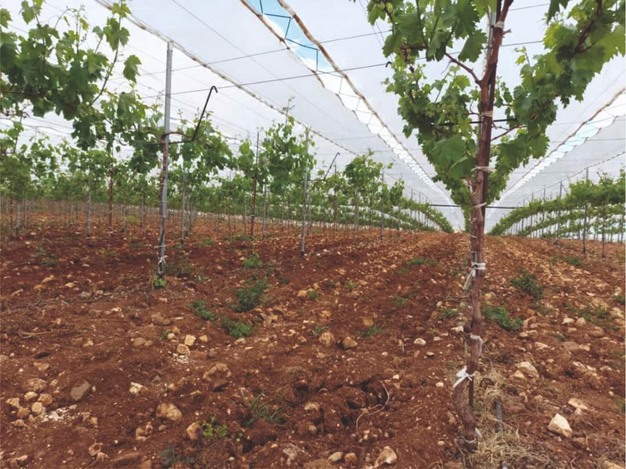
While the steep roof pitch helps to keep the building safe in strong winds, it also means that air can get a bit stuck inside these types of structures. The air at the top of the roof is pretty stagnant, so it gets pretty hot and there's more condensation. This can have an impact on the plants and fruit, so farmers have to do more to keep them healthy. The high temperatures can also stop flowers blooming and make fruit grow unevenly in size during the flowering phase. The semi-flexible roof is great for letting light through evenly and keeping the air moving, which helps to reduce condensation and ensure even flowering. The results are most effective when combined with innovative thermoplastic films.
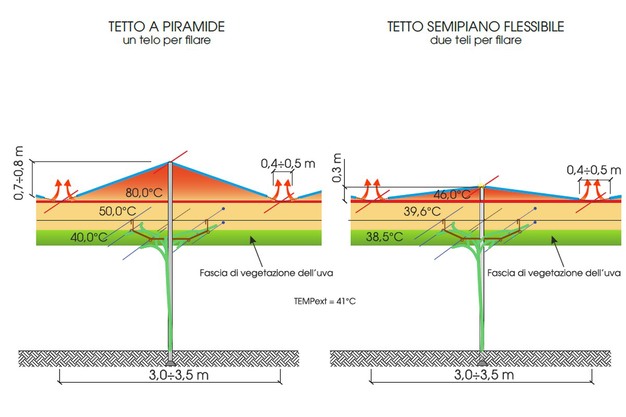
In roofs with two sheets per row, a single 8mm elastic tie rod secures both sheets to the structure, forming a 'free Z' binding system. The system is designed to let the sheets shed water and also rise a little under the action of the wind.
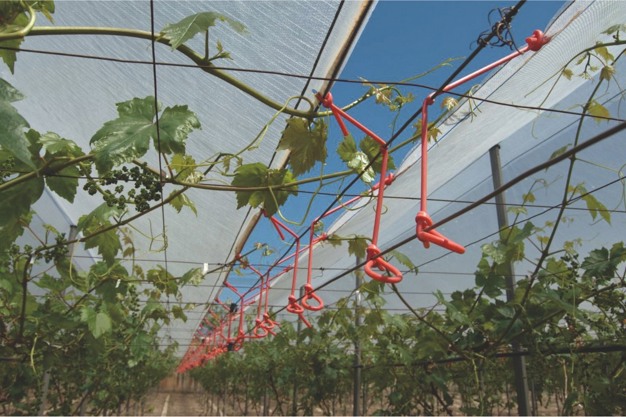
It's not just about covering crops, which is especially important in the context of climate change. It's also about protecting our own crops. "We need to test new methods and technologies designed for specific crops," Ruggia concludes.
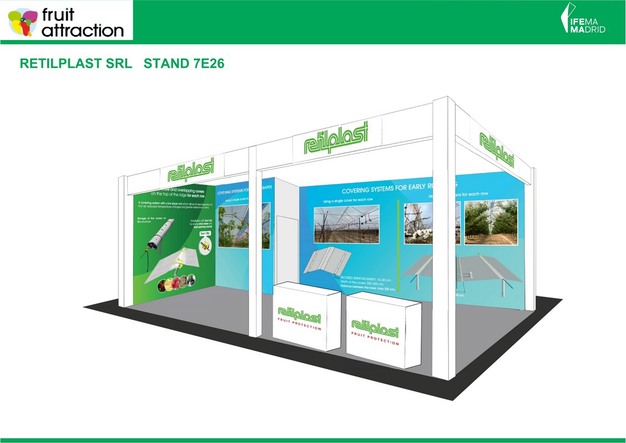
Retilplast will be at Fruit Attraction in Madrid in Hall 7 - Stand E26.
For more information: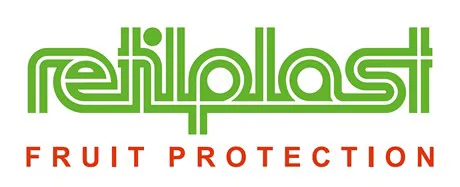 Retilplast srl
Retilplast srl
Industrial Area, exit A3
84022 Campagna (SA) - Italy
Tel.: (+39) 0828 45359
[email protected]
retilplast.it
